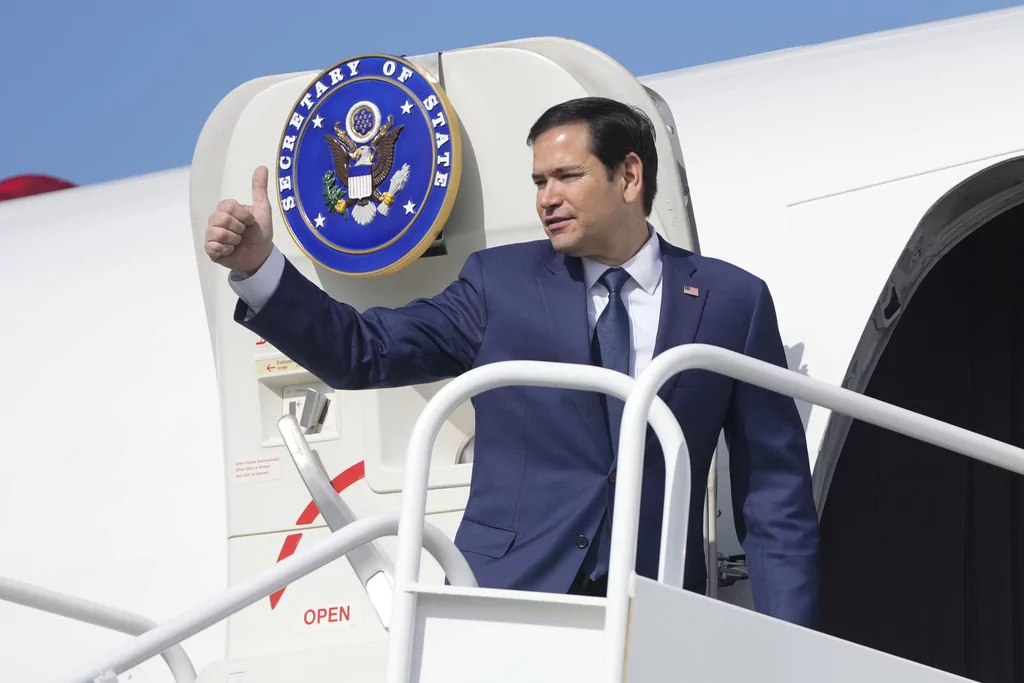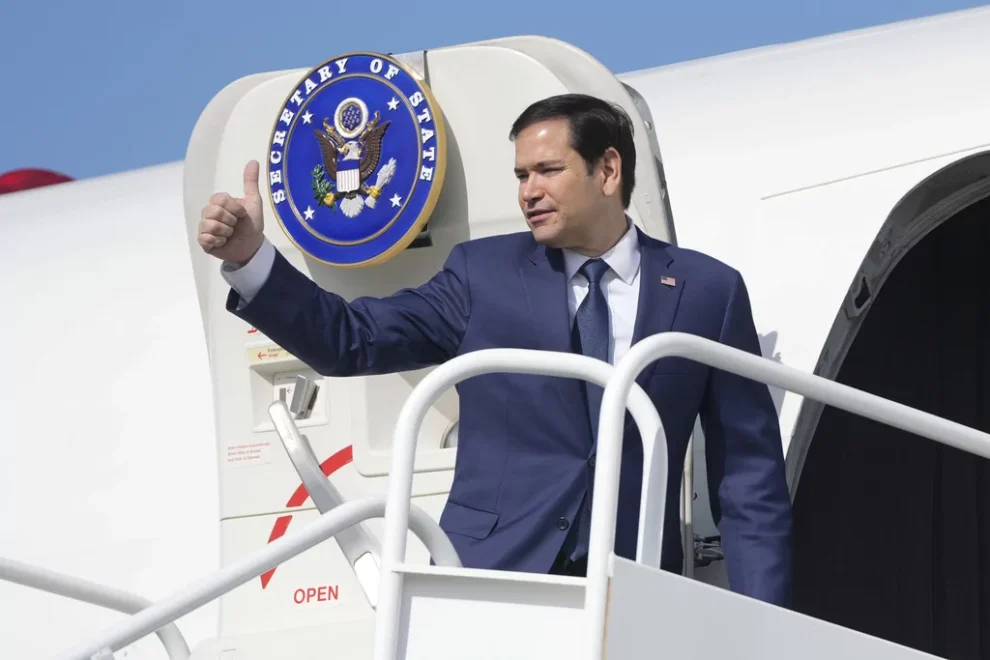The State Department surprised Panama with the announcement that U.S. government ships would pass through the Panama Canal for free.
In a Wednesday X post, the State Department announced that U.S. government vessels could now transit the Panama Canal without paying fees, “saving the U.S. government millions of dollars a year.” However, the Panama Canal Authority quickly denied the claim.

“The Panama Canal Authority, which is empowered to set tolls and other fees for transiting the canal, reports that it has not made any adjustments to them,” a statement from the body read, adding that it was ready to hold a dialogue “regarding the transit of wartime vessels from said country.”
The exchange comes days after Secretary of State Marco Rubio visited Panama, during which he met with Panamanian President José Raúl Mulino and toured the canal.
People familiar with the discussions told the Wall Street Journal that Panamanian officials view the State Department’s statement as a way to back them into a corner.
Behind closed doors, both sides agreed to discuss the possibility of U.S. Navy ships being granted free passage. The move is complicated by a neutrality clause in the treaty that handed over the canal to Panama that prevents the preferential treatment of any country.
The canal’s administrator, Ricaurte Vásquez Morales, said last week that removing the clause would lead to chaos.
An average of 40 U.S. Navy vessels travel through the Panama Canal per year, making up about 0.5% of all traffic. Waiving transit fees would save the U.S. $13 million annually, according to the Wall Street Journal.
Despite Rubio obtaining concessions from Mulino, President Donald Trump reaffirmed his desire to retake the Panama Canal on Sunday.
CLICK HERE TO READ MORE FROM THE WASHINGTON EXAMINER
“China is running the Panama Canal that was not given to China, that was given to Panama foolishly, but they violated the agreement, and we’re going to take it back, or something very powerful is going to happen,” he said.
The Panama Canal has emerged as one of Trump’s territorial ambitions for his second term, alongside Greenland. The current heads of both have said that any acquisition of the territories is nonnegotiable.
























